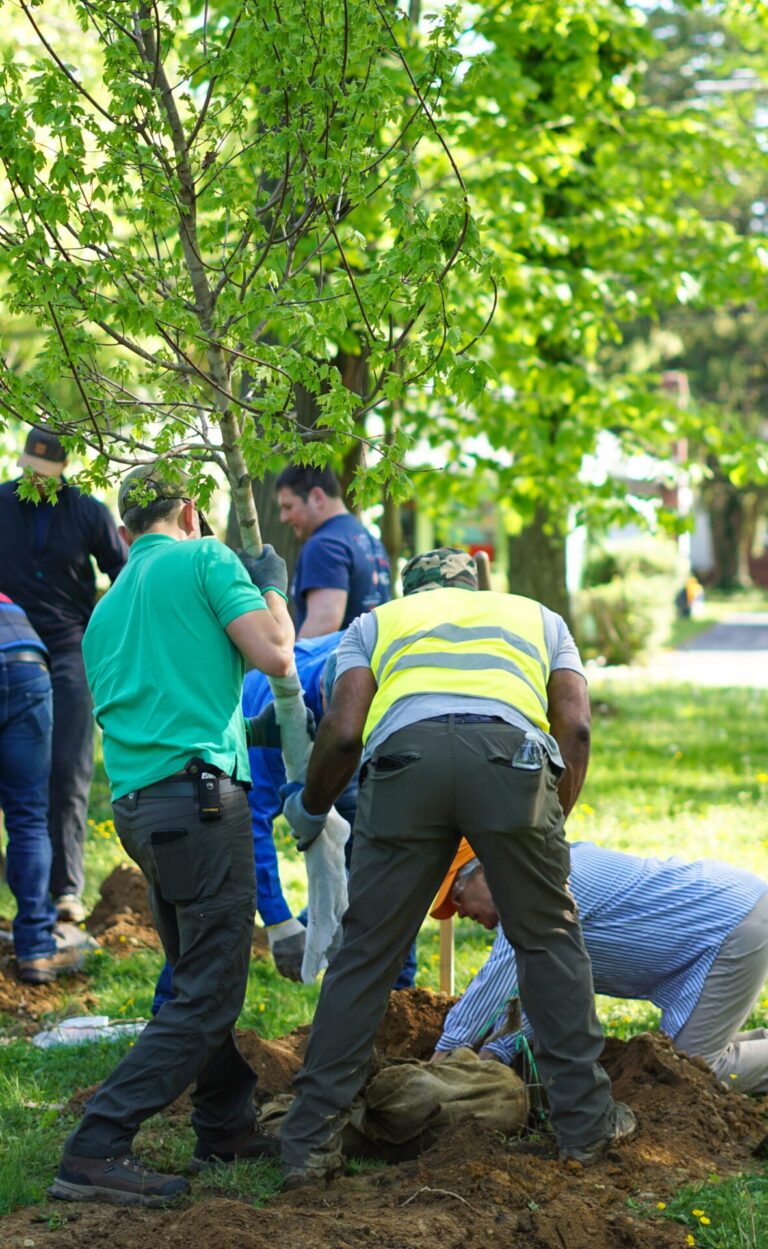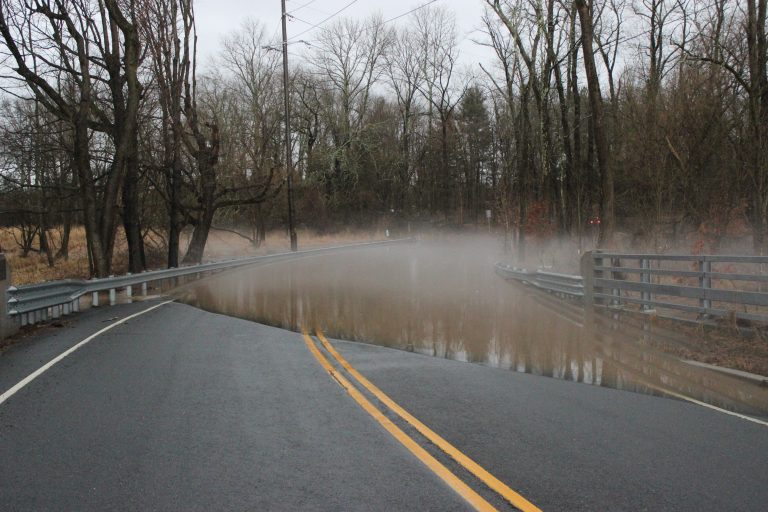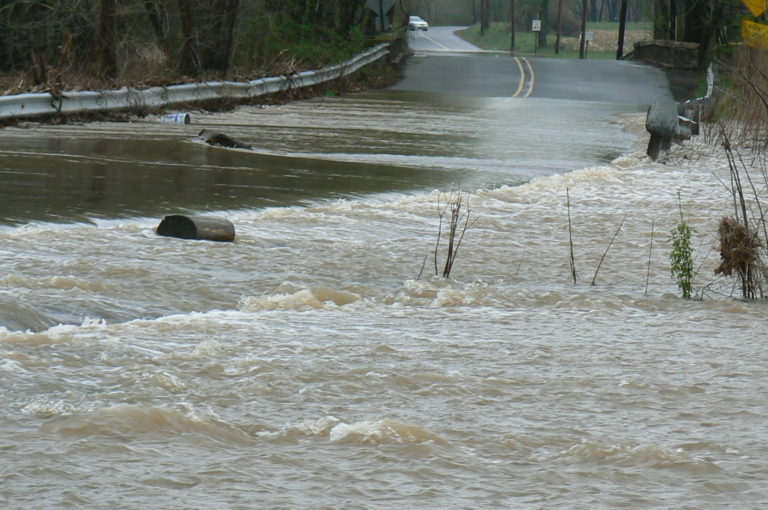This April marked the 18th Annual Watershed Cleanup, our yearly volunteer stewardship  opportunity for youth and adults alike, spanning the Stony Brook-Millstone and Delaware River watersheds. Stream cleanups are a rewarding and informative way to get involved in your local community and help raise awareness on conservation. Cleanup efforts help to reduce pollution, preserve local ecosystems, and improve water quality overall.
opportunity for youth and adults alike, spanning the Stony Brook-Millstone and Delaware River watersheds. Stream cleanups are a rewarding and informative way to get involved in your local community and help raise awareness on conservation. Cleanup efforts help to reduce pollution, preserve local ecosystems, and improve water quality overall.
2024 Stream Cleanup
April’s stream cleanups–which encompassed 13 different municipalities and 743 volunteers–yielded 7,616 lbs of trash and debris. This widespread participation reflects the shared commitment of New Jersey’s communities to protect our waterways. Participating municipalities included Ewing, Millstone, Montgomery, Pennington, Princeton, Cranbury, and several others.

During the cleanups, volunteers made some interesting discoveries. Most of the collected debris included items such as glass bottles, cans, and plastic bottles, in addition to some uncommon items including tennis balls, air conditioner parts, and car bumpers. Volunteers in Millstone decided to play a game of “trash bingo,” adding a fun spin to the cleanup process. In Rocky Hill, participants stumbled upon a makeshift wood fort that appeared to be in the midst of construction. Compared to previous cleanups, The Garden State has already made a difference: since the New Jersey ban on plastic bags, 46% fewer plastic bags were collected than in previous stream cleanups.
Why are Stream Cleanups Important?
75% of the plastic in our oceans is transported from land to sea via rivers and coastlines. This is why it is imperative to preserve local waterways. Streams play a critical role in maintaining the health of larger bodies of water. When streams are polluted, surrounding waterways are jeopardized. Common issues include:
Damage to Ecosystems: In addition to being unpleasant to look at, litter and debris can harm wildlife due to accidental ingestion or strangulation.
Microplastics: When plastic ends up in local streams and waterways, they degrade into something known as microplastics. Due to their small size, microplastics have the ability to travel further than other plastics and are accidentally ingested by marine animals. But it doesn’t stop at aquatic life–on average, humans ingest about 5 grams of microplastics per week. By actively participating in stream cleanups, this number can be reduced.
How Can I Help?
- Reduce your use of single-use plastics
When you can, find reusable alternatives to single-use plastic items and implement them into your daily routine. - Recycle properly
To reduce the amount of waste sent to landfills, remember to recycle! Be sure to follow recycling guidelines in your area. - Discard of pet waste
Pet waste can carry bacteria and diseases that are harmful to local wildlife and even humans, including E. coli. Do your part by picking up after your pets. - Get Involved!
The Watershed Institute offers numerous volunteer opportunities. We have a small staff, but a large mission, so we have plenty of opportunities for volunteering. From stewardship to education and everything in between, there are plenty of ways to give back!




